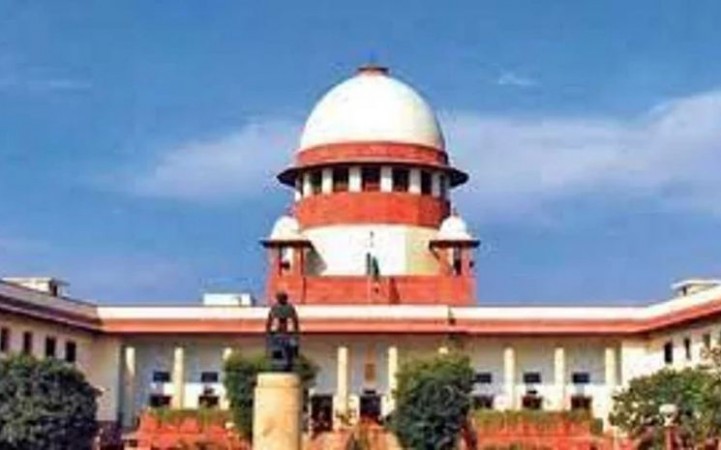
NEW DELHI: The Supreme Court has scheduled the commencement of hearings on August 2 for a series of pleas opposing the abrogation of Article 370, which granted special status to Jammu and Kashmir. Chief Justice DY Chandrachud will lead the five-judge Constitution bench, originally slated to hear the case today and review the government's affidavit defending the decision.
According to reports, the Central government submitted its affidavit to the apex court on Monday, offering a defense for the abrogation of Article 370. The government informed the Supreme Court that the entire Jammu and Kashmir region has experienced an "unprecedented" period of peace, progress, and prosperity. Street violence, previously orchestrated by terrorists and secessionist networks, is now a thing of the past.
The government stated that incidents of organized stone pelting linked to terrorist-separatist agendas, which numbered as high as 1,767 in 2018, have reduced to zero in 2023. Additionally, casualties among security personnel have declined by 65.9 percent in 2022 compared to 2018.
The government argues that the "historic constitutional step" being challenged has brought unprecedented development, progress, security, and stability to the region, which were lacking under the old Article 370 regime. The affidavit asserts that this progress has been made possible through the Union of India's policies aimed at ensuring peace, prosperity, and progress in the region.
The hosting of the G-20 Tourism Working Group meeting in Srinagar in May 2023 was a momentous occasion in the history of valley tourism. It showcased the resolute commitment of our country to the world, demonstrating that a secessionist and terrorist-affected region can be transformed into a place capable of hosting international dignitaries and global events," the Centre stated. It further emphasized that the Union Territories of Jammu & Kashmir and Ladakh have witnessed significant positive changes in the past four years, encompassing all aspects of governance, including development, public administration, and security. These changes have positively impacted all residents, regardless of caste, creed, or religion.
The government also highlighted the adverse effects of bandhs and stone pelting orchestrated by separatist-terrorist networks, which had a detrimental impact on the economy and society as a whole.
"The defining characteristic of the security situation in the region, which directly affects the day-to-day lives of common citizens, was 'street violence.' This methodical and regular phenomenon, engineered and orchestrated by terrorists and secessionist networks, has now become a thing of the past. The incidents of organized stone pelting linked to terrorist-separatist agendas, which numbered as high as 1,767 in 2018, have reduced to zero in 2023," stated the 20-page affidavit submitted by the Centre, as reported.
SC Takes Bold Stand Against Lynchings: Seeks Action Updates from Union and States
Supreme Court Steps In: Mohammed Shami Domestic Abuse Case to be Resolved Within a Month
Gujarat Riot Case: SC Extends Teesta Setalvad's interim protection